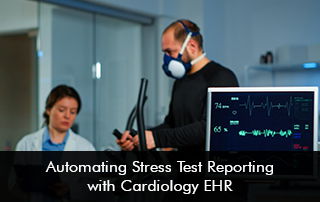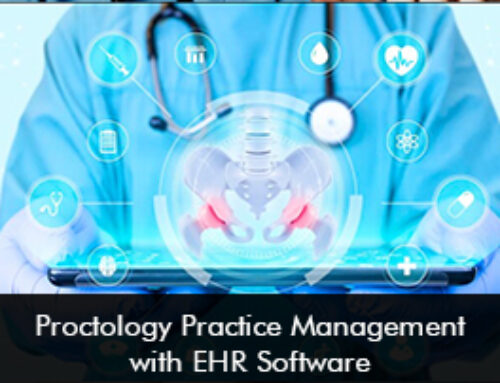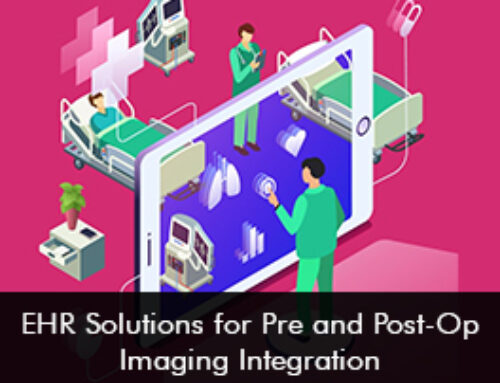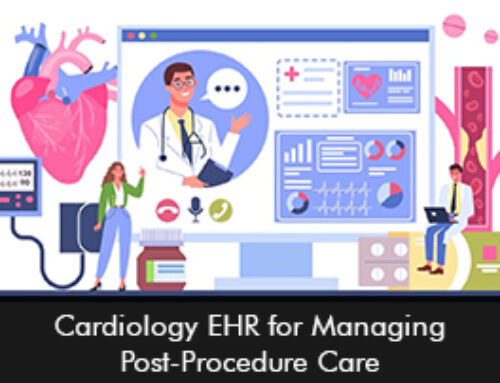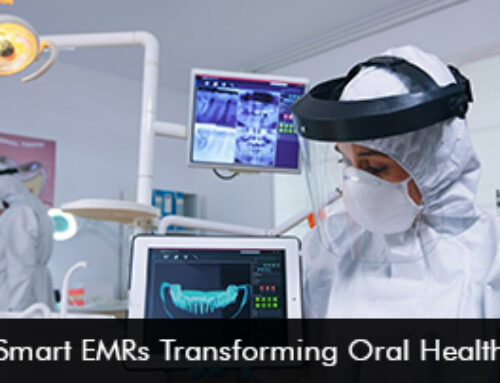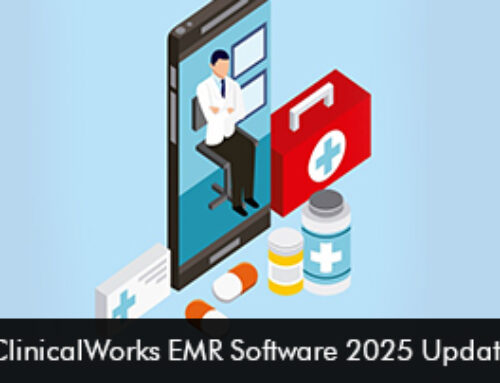Cardiovascular diseases remain the leading cause of death worldwide, and timely diagnosis is critical to improving patient outcomes. Stress tests, which measure the heart’s function under physical exertion, are essential diagnostic tools in cardiology. However, manual reporting of these tests can be time-consuming and error-prone. Automating stress test reporting through EHR systems has emerged as a game-changer in cardiology. With integrated systems, cardiologists can now receive and interpret stress test data more efficiently, allowing them to make faster, more accurate clinical decisions. In an era where cardiovascular care is in high demand, automating these processes is more relevant than ever.
What is Automating Stress Test Reporting?
Automating stress test reporting refers to the use of technology to streamline the generation, analysis, and documentation of stress test results in cardiology. This automation involves integrating patient data from multiple sources into one standardized report, reducing manual entry and minimizing errors. With automated systems, the stress test data flows directly into the EHR, where it is quickly processed and flagged for any abnormal patterns. These systems support quick, consistent reporting that enhances decision-making and provides cardiologists with immediate access to comprehensive insights, ultimately improving patient care quality and efficiency.
Benefits of Automating Stress Test Reporting in Cardiology EHRs
-
Immediate Data Capture and Reporting
Cardiovascular EHR systems automatically capture data from stress tests conducted via treadmill or pharmacologic stress methods. These results are instantly uploaded into the patient’s medical record, eliminating the need for manual entry. Cardiologists can review the data in real time, allowing for quicker diagnosis and treatment planning.
-
Improved Accuracy and Reduced Errors
Manual stress test reporting is not only time-consuming but also prone to human error. Automated systems reduce the likelihood of mistakes, ensuring that the data physicians rely on for critical decisions is accurate. This improves patient safety and leads to better outcomes.
-
Integration with Cardiology Devices
EHR systems designed for cardiology often integrate directly with electrocardiogram (ECG) machines and other diagnostic devices used during stress tests. This seamless integration allows for the automatic upload of ECG readings, heart rate variability, and blood pressure data into the EHR, further streamlining the diagnostic process.
-
Enhanced Data Analysis and Visualization
Cardiovascular EHRs provide sophisticated tools for data analysis and visualization, offering cardiologists a comprehensive view of stress test results. Graphs, trends, and other visual aids help in the quick identification of abnormalities such as ischemia, arrhythmias, or other heart conditions.
-
Better Patient Monitoring
Automated reporting systems not only streamline the diagnosis process but also enhance long-term patient monitoring. Cardiologists can easily track changes in a patient’s stress test results over time, adjusting treatment as necessary to prevent the progression of heart disease.
-
Regulatory Compliance and Documentation
Automated EHR systems also help cardiology practices comply with regulatory standards, ensuring that all necessary documentation is accurately recorded and readily accessible. This reduces the risk of compliance issues while improving the overall quality of care.
Top 5 EHR Systems for Cardiology and Stress Test Automation
-
GE Centricity
Designed specifically for cardiovascular practices, Centricity offers advanced stress test automation and comprehensive reporting features.
-
Cerner Millennium
Cerner’s cardiology modules provide integrated solutions for stress test reporting and device data collection.
A versatile EHR system with robust cardiology features, including automated stress test data capture and reporting.
-
Allscripts
Known for its customizable solutions, Allscripts provides cardiologists with tools to automate stress test reporting and improve diagnostic accuracy.
-
NextGen Healthcare
Ideal for cardiology practices looking for automated solutions, NextGen’s EHR integrates seamlessly with diagnostic devices for stress tests.


